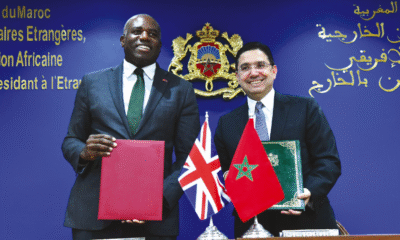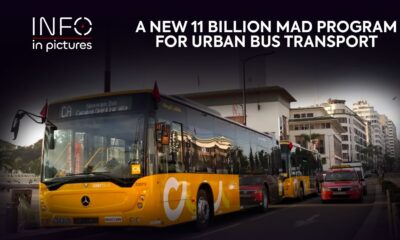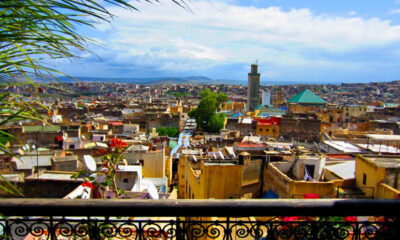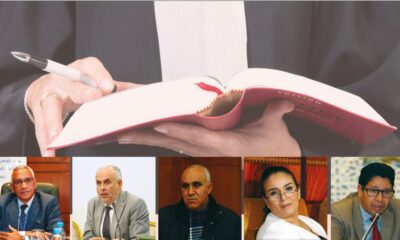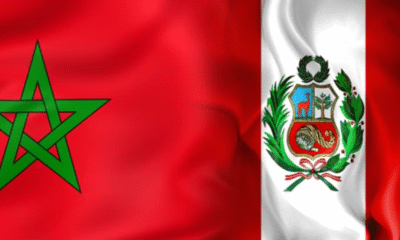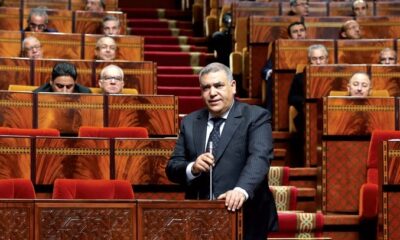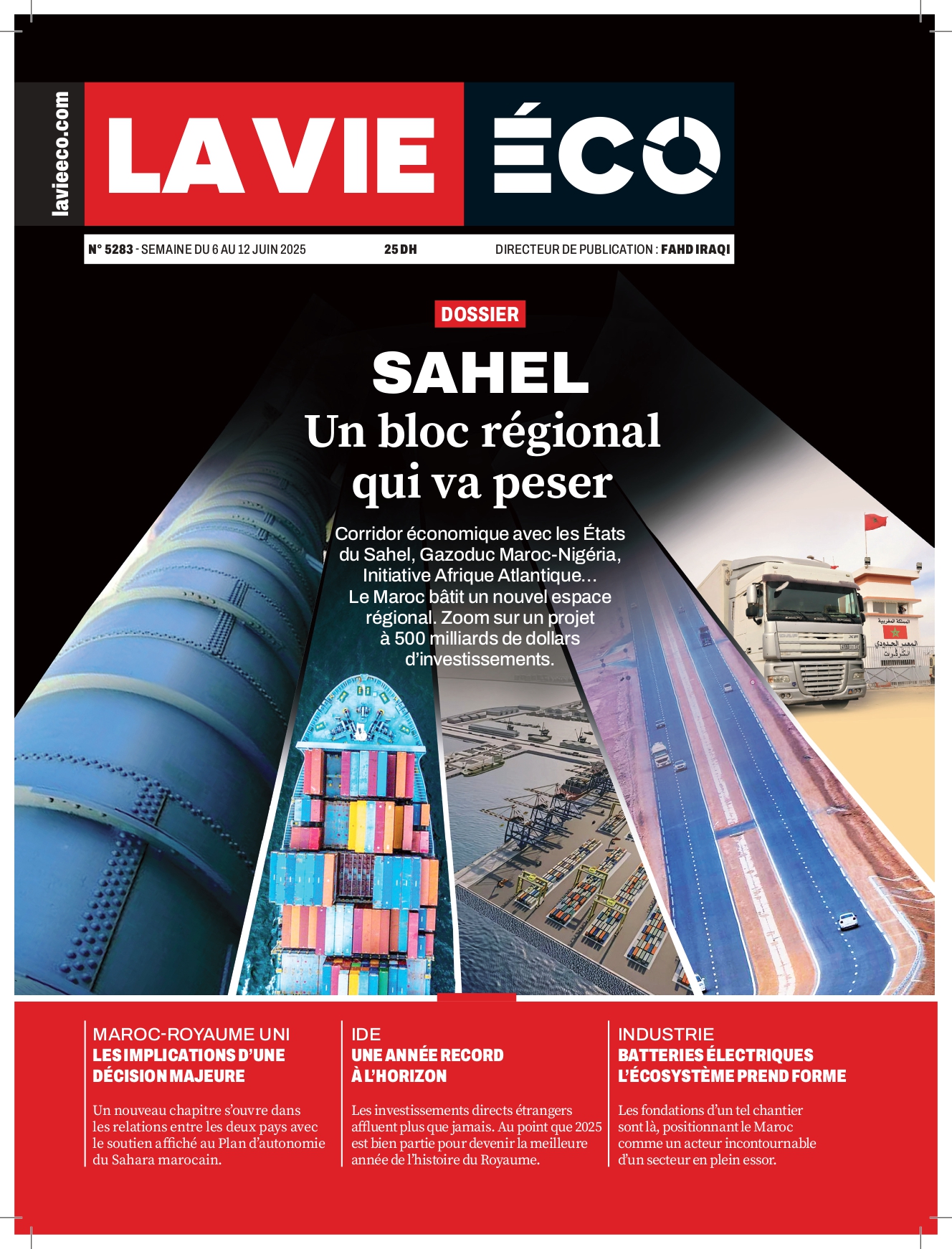Kingdom
Gaming Industry: Morocco Aims to Play with the Big Players
A City of Gaming, an International Video Game Expo, Certification Programs, a Dedicated Strategy… The Kingdom has laid the groundwork for the emergence of this industry poised for significant growth, with the first results expected to be seen as early as 2025.
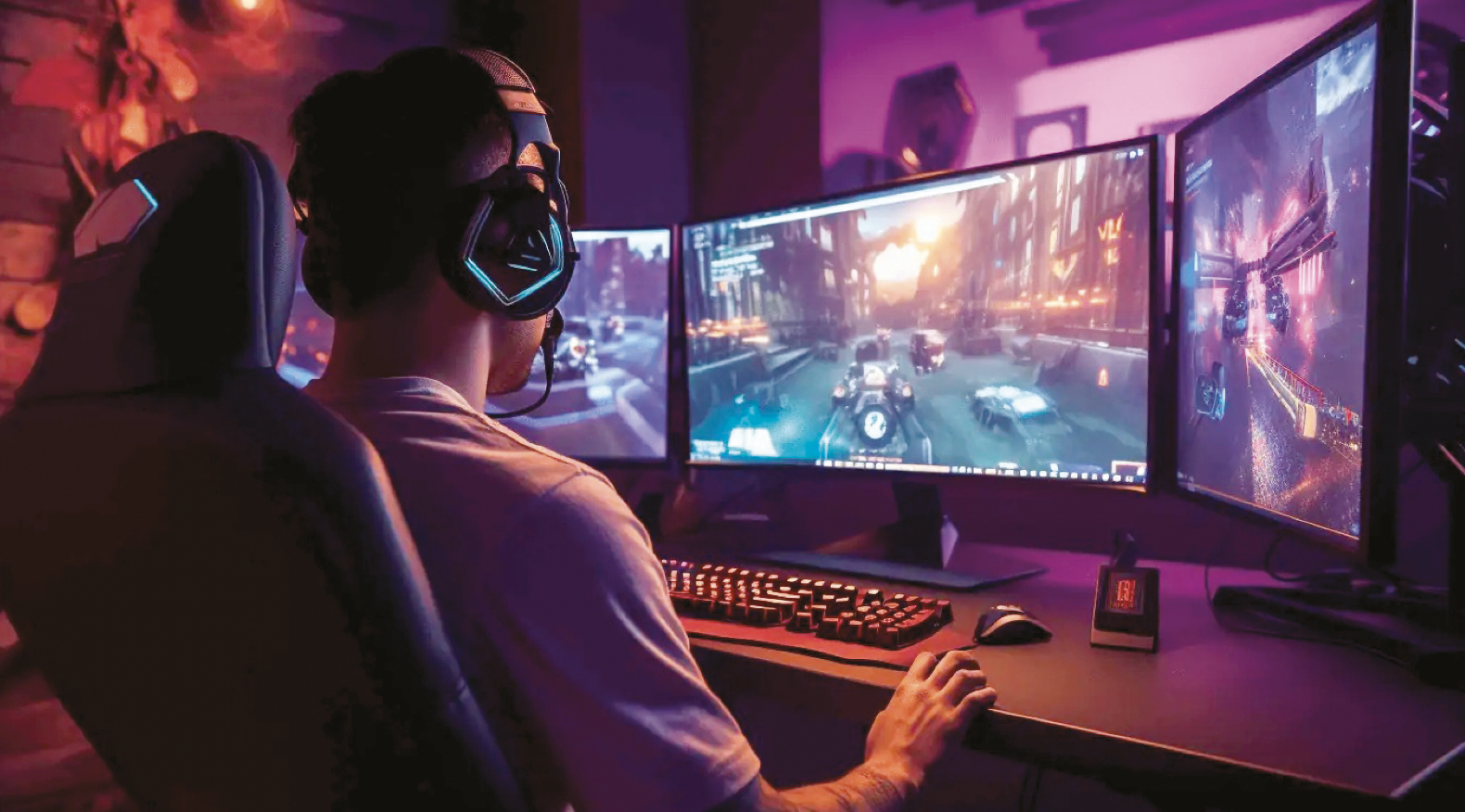
The global market for the design and development of video games, currently dominated by a handful of industrialized countries, reached $295 billion in 2022 and is expected to rise to $321 billion by 2026. Morocco aims to carve out its share of this thriving industry.
The Kingdom harbors significant ambitions for this sector and aspires to be a major player in the field. It is indeed one of the top priorities of Mehdi Bensaid, the Minister of Youth, Culture, and Communication, who, upon assuming office in 2021, expressed the intention to establish a gaming ecosystem in the Kingdom, drawing inspiration from successful models in the automotive and aeronautics industries.
The approach taken mirrors the same strategy: setting up dedicated infrastructure and facilities, alongside providing an appropriate incentive framework to attract investments, enticing a major global player (such as Sony, Konami, Ubisoft, etc.) to foster a network of local suppliers and ensure the availability of well-trained human resources, especially in IT and coding.
Driven by the Ministry of Youth, Culture, and Communication, a dedicated strategy has been unveiled with the aim of positioning the Kingdom as an African gaming hub by 2030. The stakes are high and the potential rewards substantial.
According to a Statista study, the gaming industry in Morocco, currently centered around e-sports with a sizable gamer community, is projected to generate approximately 2.28 billion Moroccan dirhams by the end of 2024, reaching around 3 billion dirhams by 2027, with an average annual growth rate forecasted at 9.39% for the period 2024-2027.
By laying the groundwork for a robust gaming industry, the generated wealth could see a significant increase, not to mention the positive impact on employment. The ministry’s strategy aims to achieve a revenue of 5 billion dirhams by 2030, with the creation of over 5,000 jobs by the same year.
360 million dirhams allocated for the “City of Gaming”
One of the key pillars of this strategy involves establishing a “City of Gaming” in Rabat, a specialized area that will house a cluster of gaming companies and start-ups, both national and international. Spread across 5 hectares in the Yacoub El Mansour district of the capital, the future city aims to become a major hub for the video game sector in Africa and the MENA region.
The 2025 Budget Bill has earmarked a budget of 360 million dirhams for the implementation of the first phase of this project, expected to come to fruition in the second half of 2025.
To pave the way and establish connections with key players in this sector, the first gaming expo, the “Morocco Gaming Expo,” was held in Rabat last May. This significant event, intended to become a prominent annual event in the international gaming industry, saw the notable participation of international developers, experts, and industry leaders.
This event provided Morocco with an opportunity to showcase its offerings and attract potential investors interested in relocating part of their production. It also aims to foster partnerships between Moroccan start-ups and established foreign companies.
According to the ministry, fruitful discussions have taken place with several major players in electronic game design, and there are plans for the first establishment in Morocco of a global leader in video game design.
In line with this vision, the Ministry of Culture, along with professionals from cultural and creative industries, is increasing its presence at major international gaming expos to promote Morocco as a destination, with the support of the Moroccan Agency for Investment and Export Development (AMDIE).
Promotional efforts also include collaboration with companies like Proxy Planet, a South Korean company specialized in market entry strategies for the gaming and e-sports industries. The aim of this collaboration is to leverage Proxy Planet’s network to assist the government in promoting the Moroccan strategy to major foreign companies.
Training, the key factor
It goes without saying that having a pool of Moroccan talents specializing in gaming-related professions is a crucial requirement for the growth of such an industry. The inclination of young Moroccans towards coding and computer science, in general, is well recognized.
The focus now shifts to structuring training programs to precisely cater to the needs of multinational companies. It is with this goal in mind that Mehdi Bensaid’s department launched a game development training program, named “Video Game Creator,” at the beginning of November.
Implemented in collaboration with the French Embassy and ISART Digital, a renowned school for video game industry training, this year-long certification program in game design, programming, artistic creation, and project management will be conducted on the campus of the International University of Rabat, a program partner.
This initiative aims to equip the new generation of Moroccan professionals with the technical and creative skills necessary to excel in this innovative sector.
In October, the ministry signed an agreement with the Chinese giant Huawei for talent training and incubation. It also includes a financial aspect aimed at attracting major players in the gaming industry to Morocco.
Furthermore, there is close collaboration with the Ministry of Higher Education to introduce specialized training programs in various universities starting from September 2025, with the goal of establishing gaming and its diverse professions (tester, game designer, level designer, UX designer, sound designer, concept artist, animator, 2D/3D artist, etc.) as a promising field for thousands of Moroccans.

